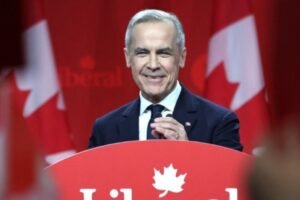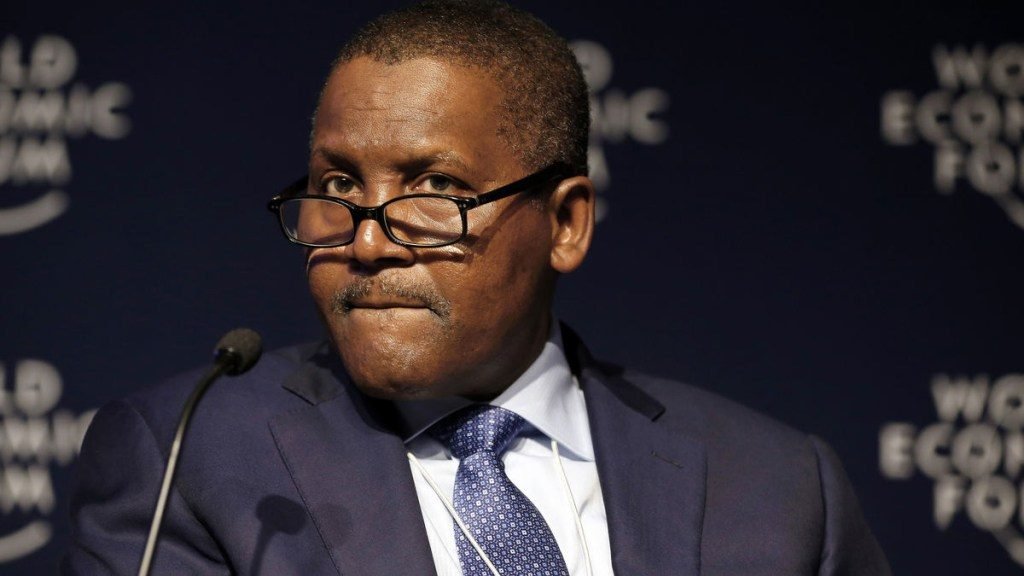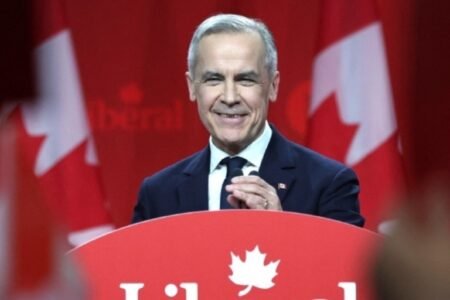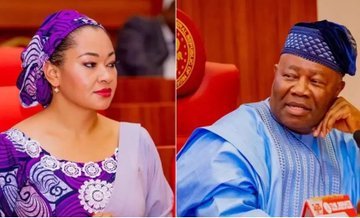Many fuel importers in the country have alleged that the Dangote refinery sells a liter of petrol to international dealers for N65 less than it does to Nigerian marketers.
The Depot and Petroleum Product Marketers Association of Nigeria and the Petroleum Products Retail Outlet Owners Association of Nigeria corroborated.
While arguing against the planned price cuts on Monday, DAPPMAN in particular claimed it was a tactic to limit competition.
The Dangote refinery recently stated that petrol prices would be reduced from N865 per liter to N841 in Lagos and the Southwestand N851 in Abuja, Edo, and Kwara.
This would coincide with the start of its direct gasoline distribution network.
In a conversation with our correspondent on Saturday, DAPPMAN Executive Secretary Olufemi Adewole said that members of the group purchased Dangote’s petrol via international dealers in Lome, Togo, at a lower price than the refinery gave locally.
Adewole stated that importers had attempted to purchase petrol from the Dangote refinery, but the price was greater, adding that it was sometimes preferable to import the commodity.
But the Dangote refinery downplayed the allegations, suggesting DAPPMAN might be the force behind the recent attack against it by the Nigerian Union of Petroleum and Natural Gas Workers.
NUPENG had accused the refinery of anti-union practices, including refusing to allow drivers to join the group. The union threatened to embark on industrial action over the matter.
Adewole stated that Alhaji Aliko Dangote once said he would crash prices whenever importers brought in fuel cargoes into Nigeria.
“So, anytime our cargoes are coming, we expect him to reduce the price. He may give a different reason for the reduction,” he said.
“Dangote is selling to international traders at N65 lower than what he offers in Nigeria, or how is it possible for some of our members to buy from someone who bought from Dangote?
“Dangote sells to international traders at N65 cheaper than what he is selling to us. In some instances, we were able to buy from those people and still bring it to Nigeria. They will take the product to Lomé, claiming that they are buying large quantities.
“I have collated the volume of the products needed by DAPPMAN and sent it to Dangote twice, yet he is not giving us products. What else does he want us to do? Even if he would give it to us, it would be with conditions that would not be profitable. Is this business? He said.
Speaking on if it was cheaper to import petrol than to buy from the Dangote refinery, Adewole said, “It’s not all the time that it is cheaper. But there are instances in which it was cheaper to buy from international markets, and not only did we buy from international markets, we bought from international traders that Dangote sold to.”
“Dangote has to give us a discount for the freight cost and other costs that we incur between his jetty and our jetty so that we can sell at the same price, and then we’ll be competitive. People will continue to import if the price is cheaper elsewhere,” he added.
The National President of the Petroleum Products Retail Outlet Owners Association of Nigeria, Billy Gillis-Harry, said DAPPMAN was justified to suggest Dangote’s petrol was cheaper in Lomé than in Nigeria.
“Exactly,” DAPPMAN said the correct thing. It is true. We don’t want to be saying everything. But the way things are going, one day we will say everything,” Billy Gillis-Harry said.
A major importer also said that his company declined to buy from Dangote due to a low profit margin.
However, in an interview, a refinery official shrugged the allegations off.
He said, “We now know who is behind NUPENG. Our free delivery starts Monday.”
The spokesman inquired as to when DAPPMAN members began purchasing petrol from Lomé and whether they had stopped doing business with Russia and Malta.
Earlier, the DAPPMAN secretary stated that characterizing Dangote refinery’s frequent fuel price decreases as patriotic gestures ignores both their timing and market impact.
Adewole said in a statement on Saturday that the price cuts were strategically timed when other importers had active cargoes at sea or in tanks, resulting in price shocks that undermined competition and put a financial strain on fellow market participants, including the refinery’s domestic customers.
He expressed concern that the refinery offered reduced prices to overseas purchasers while offering higher rates to local off-takers.
This, he argued, contradicted public promises of prioritizing Nigerians and imposed needless restrictions on domestic enterprises already working on tight margins.
Concerning the conflict between Dangote and NUPENG, the executive secretary stated that his group had watched the situation with dismay.
“While the matter may not directly concern our association, we are alarmed by the tone, trajectory, and escalation of this issue. Beyond the reputational risks to various market participants, we are concerned about the potential impact this may have on ordinary Nigerians, particularly in a downstream environment still stabilizing post-deregulation,” he added.
Adewole stated that claiming that Nigeria’s downstream stability was entirely dependent on one refinery was dismissive of the larger ecosystem.
He said, “While we welcome the Dangote refinery as a major infrastructure project, its contribution has peaked at only 30 to 35 percent of national demand. The balance continues to be supplied by responsible petroleum product marketers, including DAPPMAN members, who import and distribute under strict regulatory oversight by the Nigerian Midstream and Downstream Petroleum Regulatory Authority.”
On Dangote’s direct free fuel distribution scheme, he stated the claim was misleading.
“The claim that the refinery offers ‘free delivery’ is also misleading. In reality, marketers are required to lift at least 25 percent of their allocations directly from the refinery gantry and must do so using only Dangote-owned trucks, paying commercial rates based on their destinations. This arrangement imposes additional logistical and financial burdens on marketers, limits operational flexibility, and undermines the narrative of cost relief being provided to the local market,” he alleged.
Adewole acknowledged that the Dangote refinery is a valuable contributor but stressed it is not a messiah.
The Dangote refinery said it would begin rolling out compressed natural gas-powered trucks on Monday as part of its logistics-free distribution initiative, which aims to dramatically reduce gasoline prices across the country.











